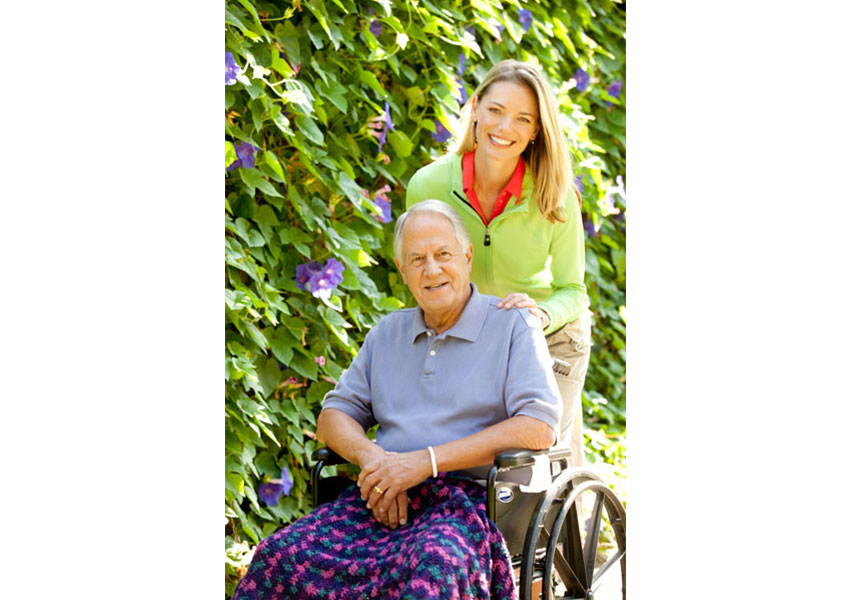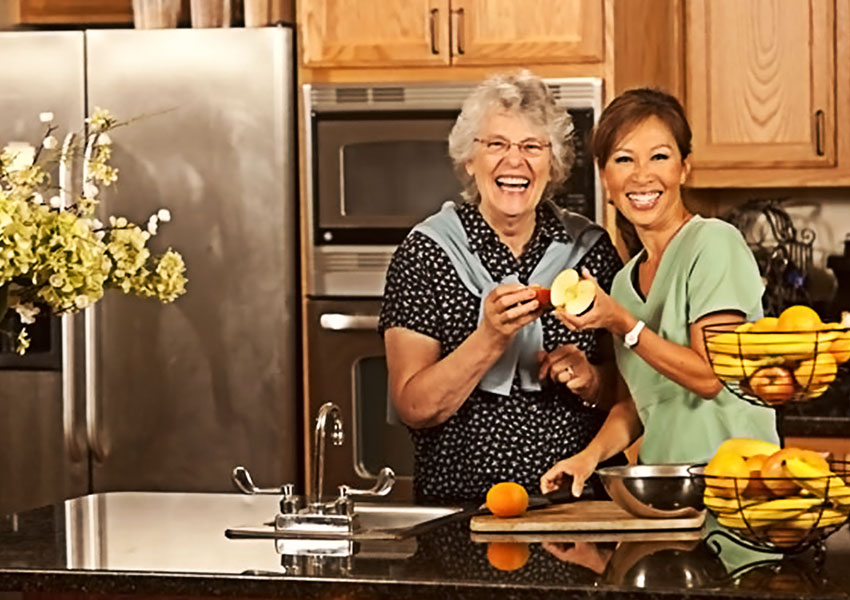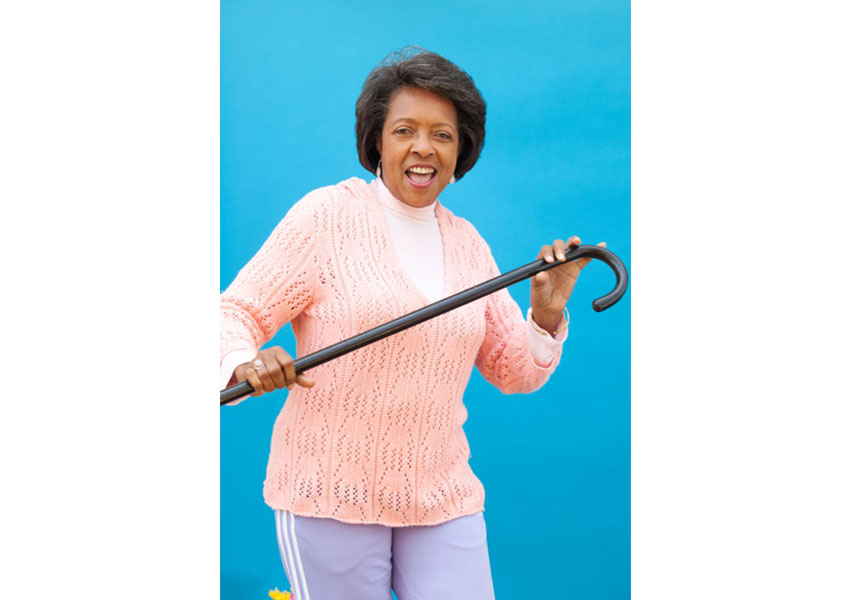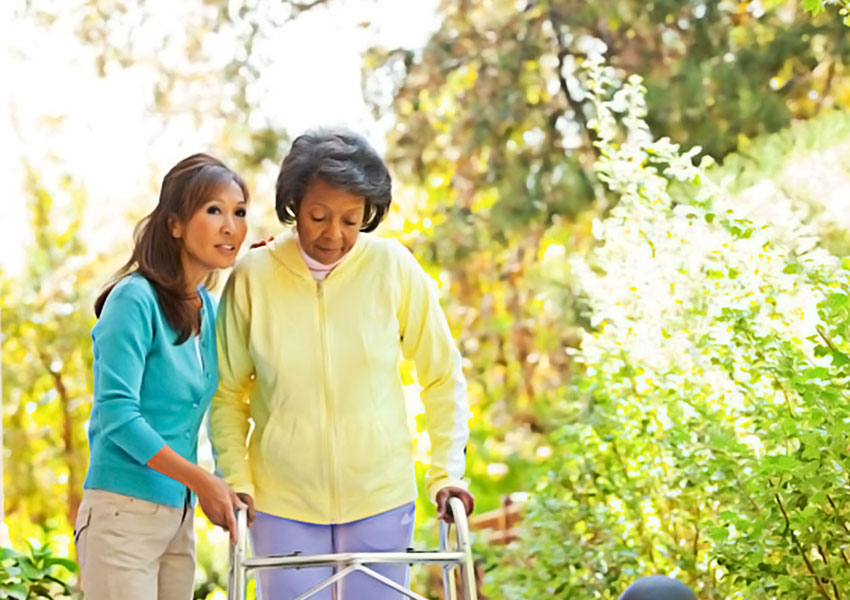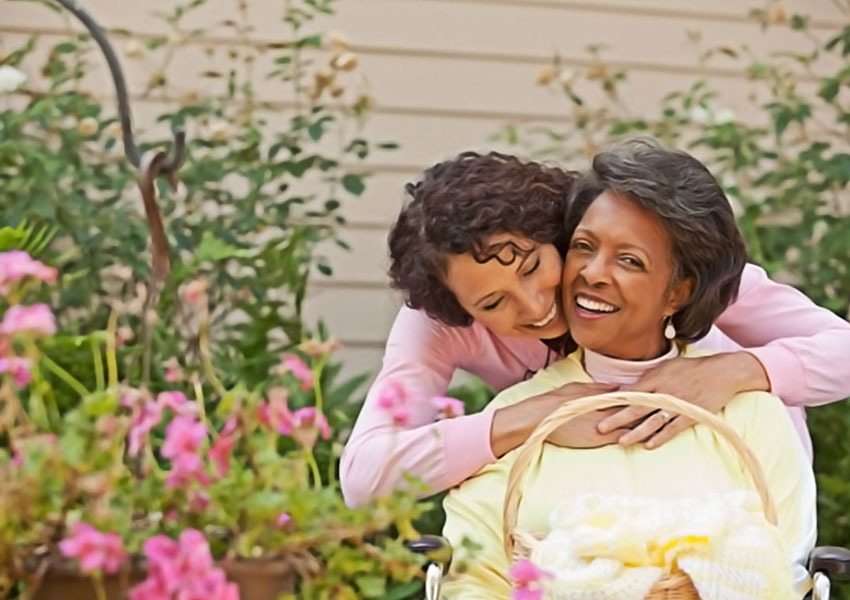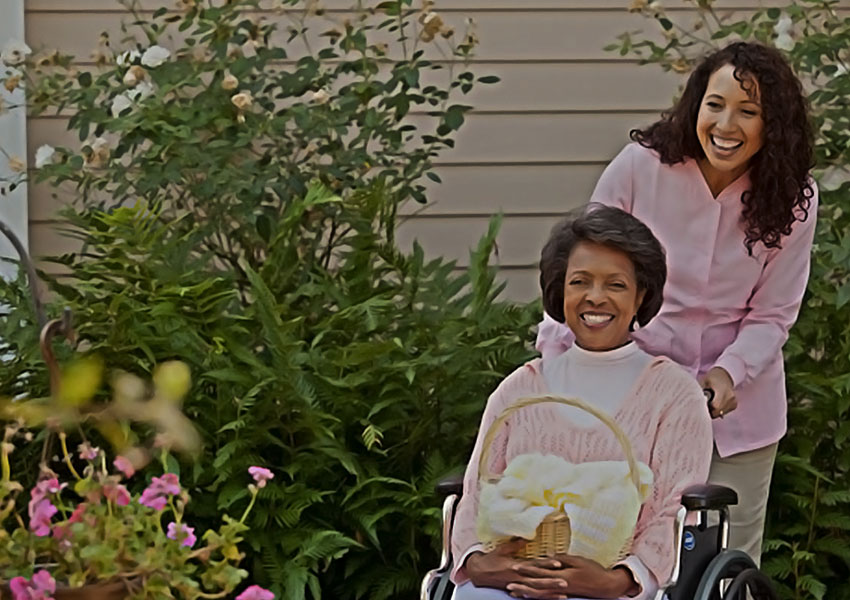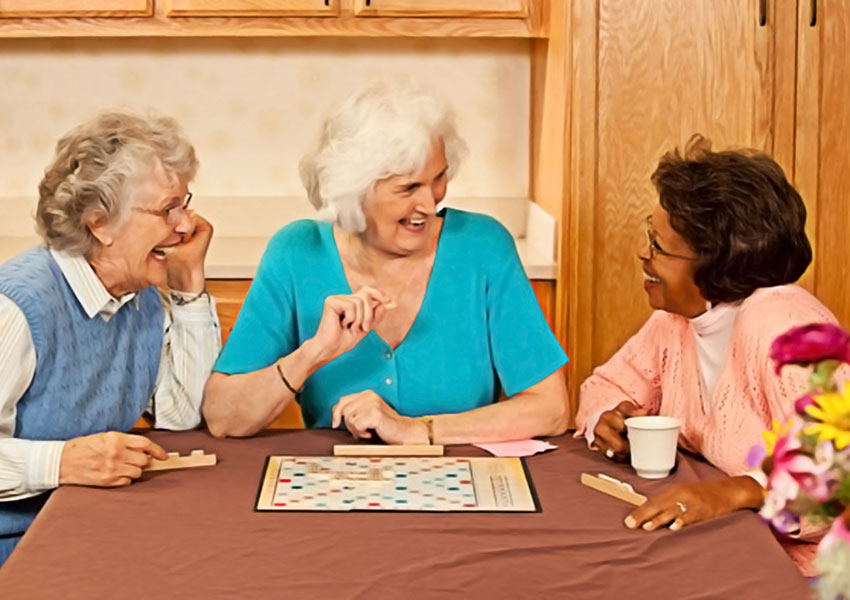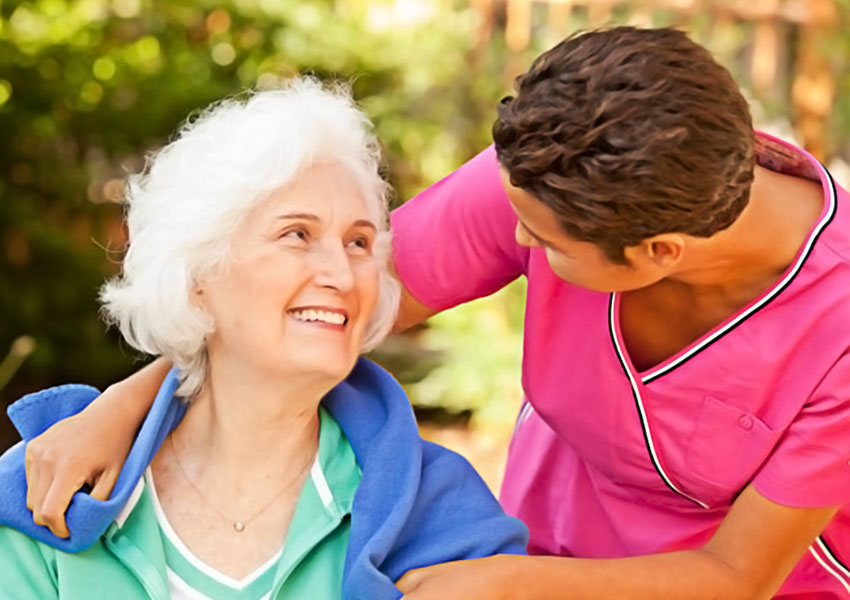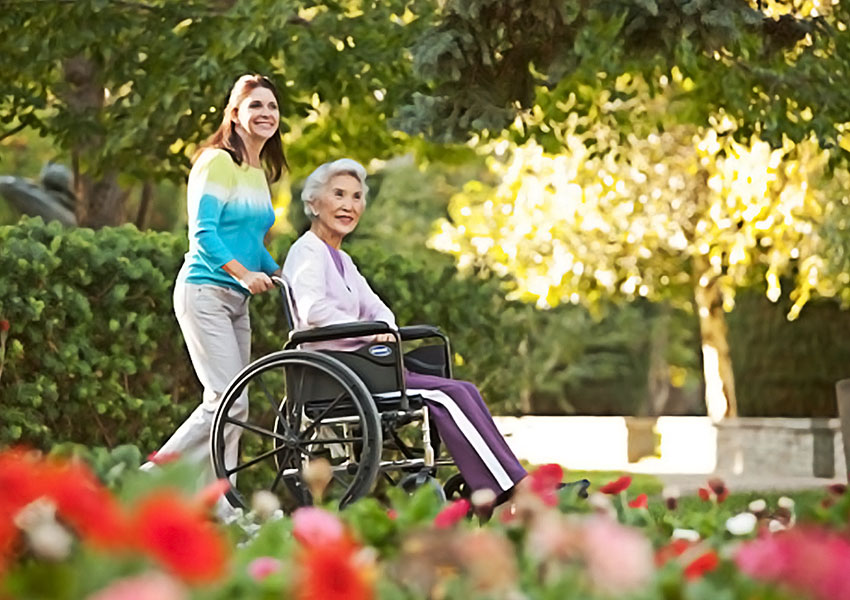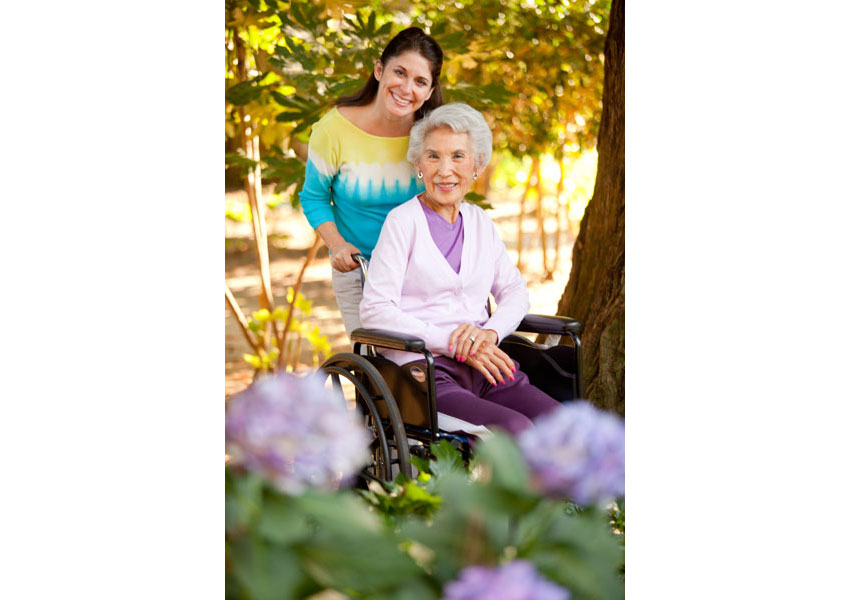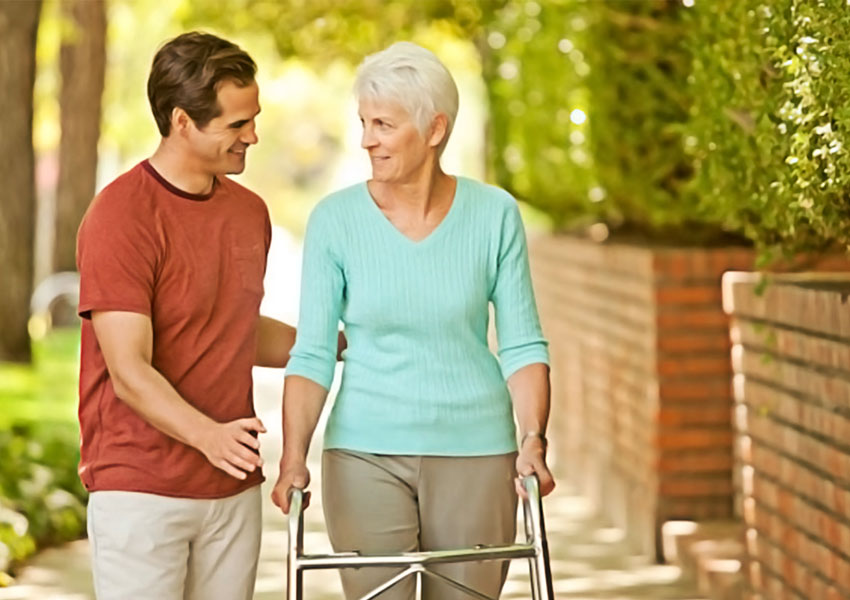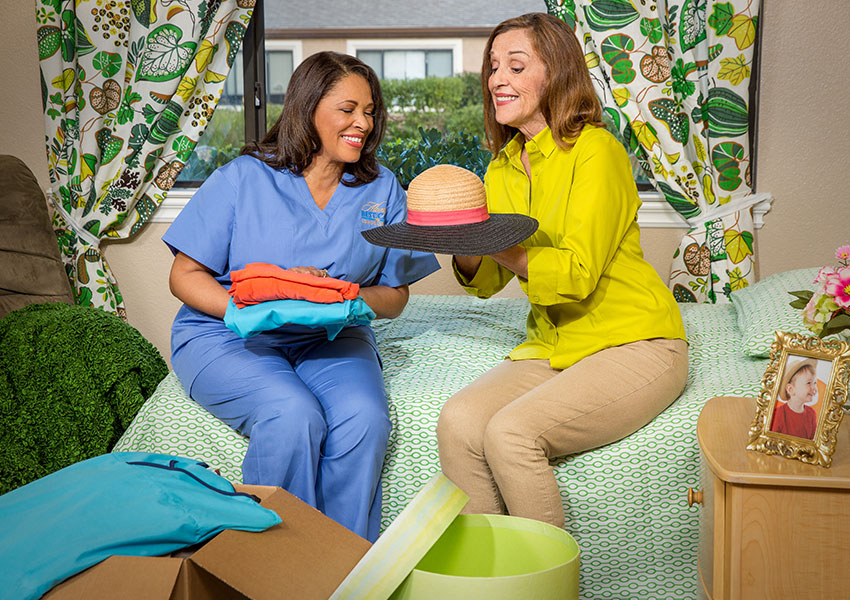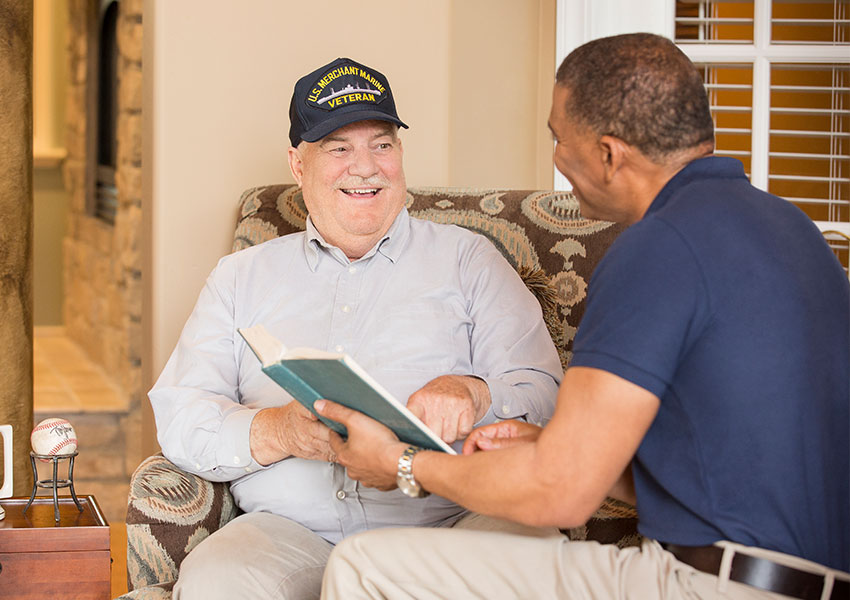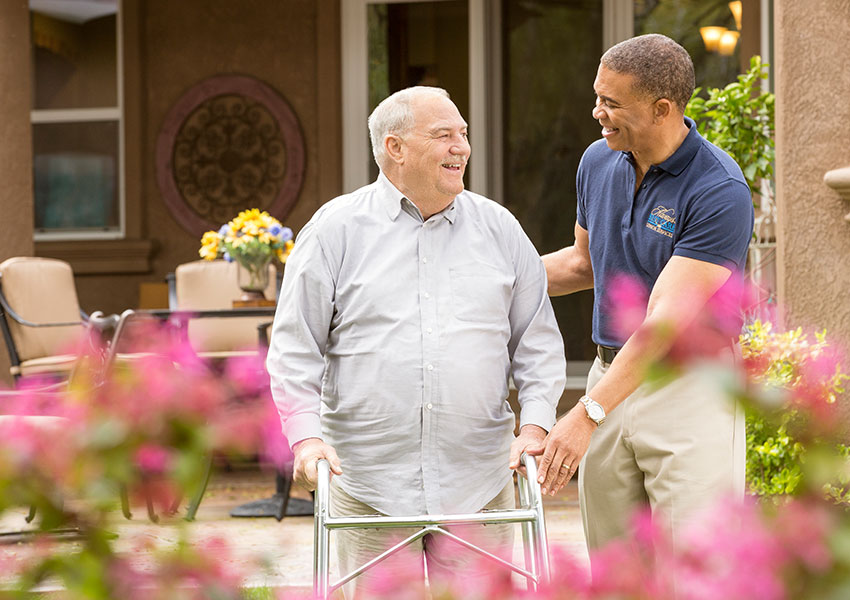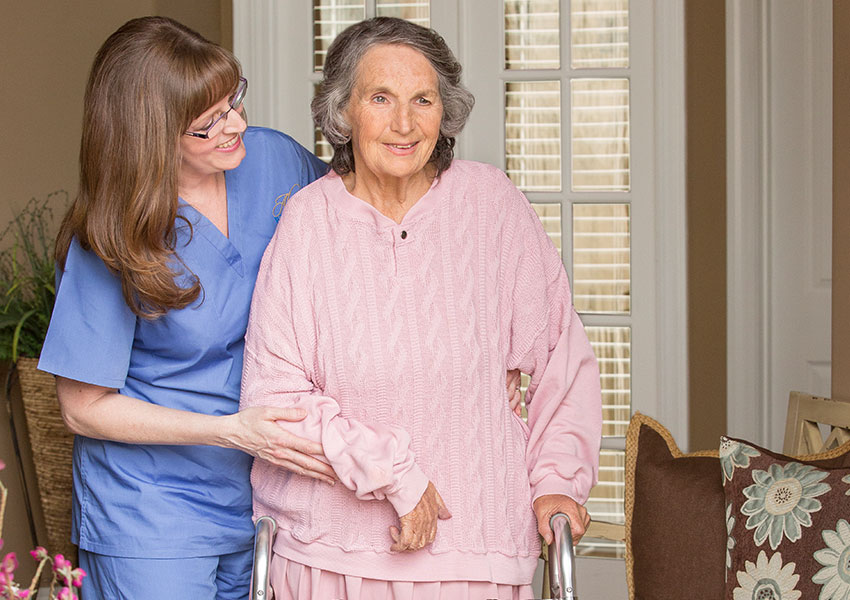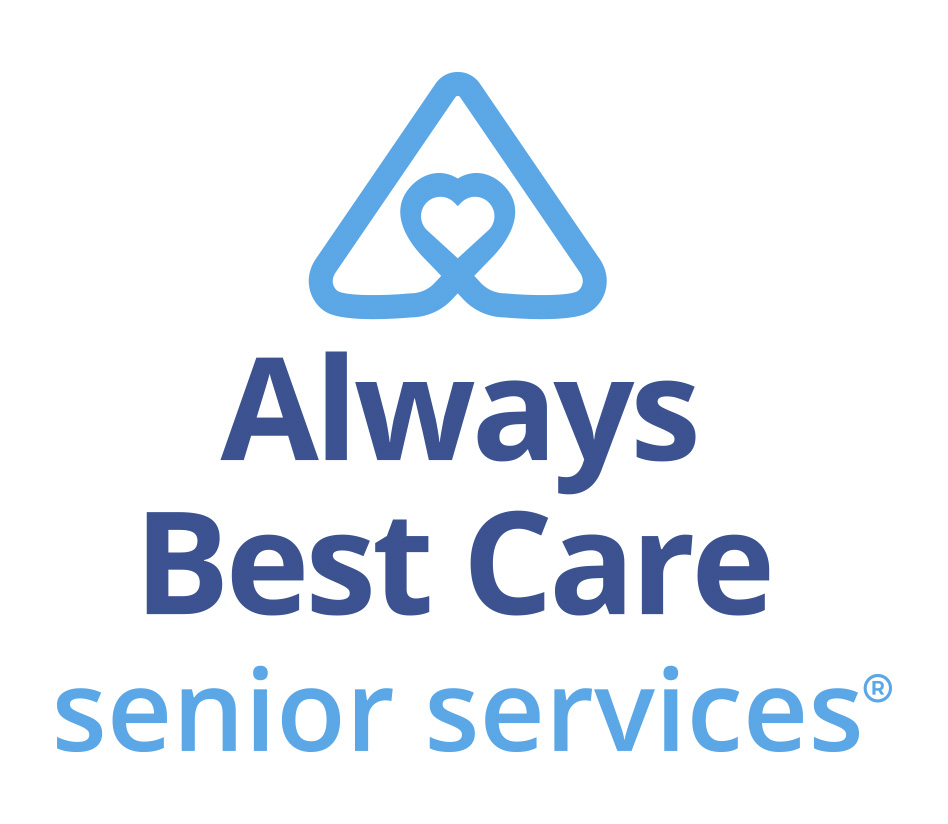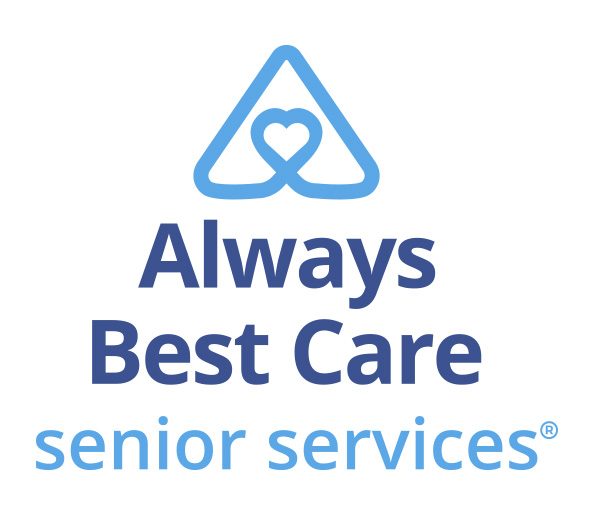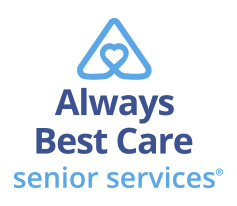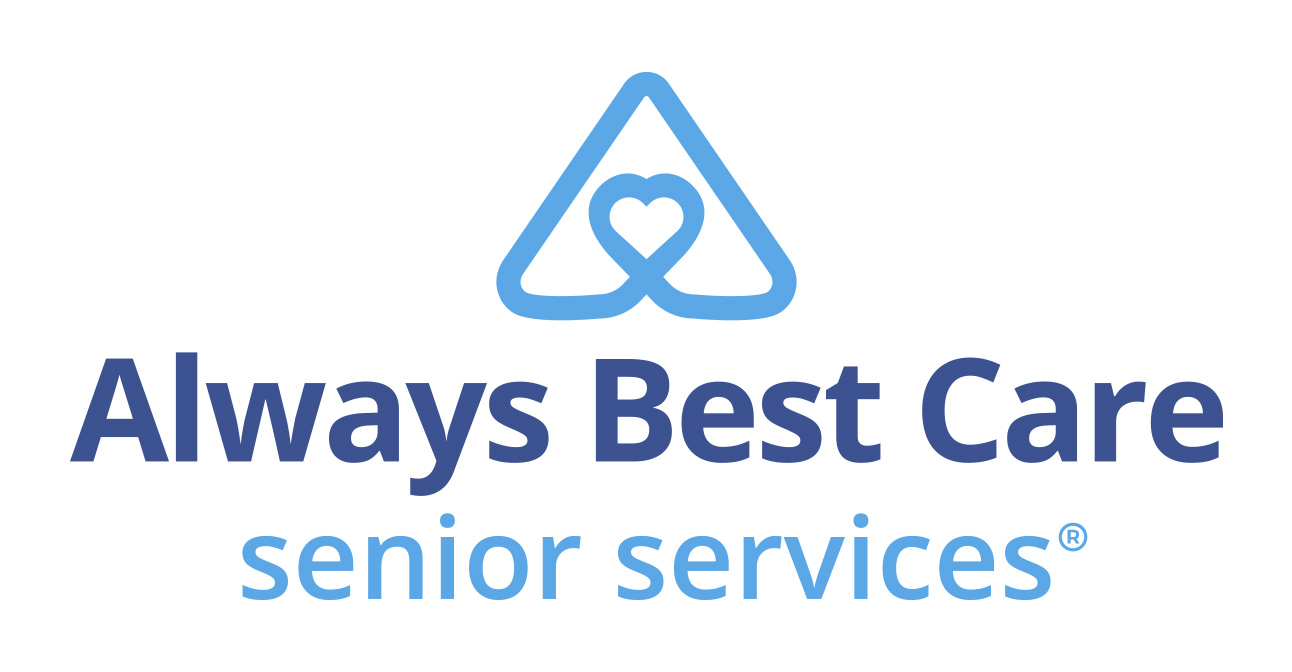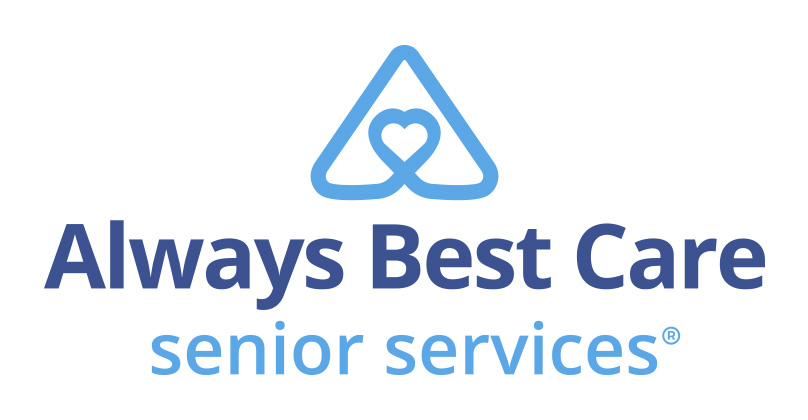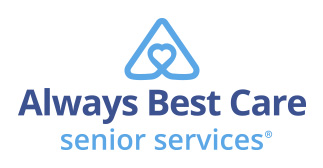 Alzheimer’s Disease is the most widely known form of dementia, and it affects more than 5.3 million people in the United States alone. The majority of those individuals are over the age of 65, but many Alzheimer’s sufferers begin to display signs and symptoms in the years leading up to the traditional retirement age. When it comes to providing excellent senior care, it’s important to understand the signs that can point to a potential case of dementia. It’s also crucial to understand that Mom or Dad might begin to show the signs of Alzheimer’s before you think it’s even possible.
Alzheimer’s Disease is the most widely known form of dementia, and it affects more than 5.3 million people in the United States alone. The majority of those individuals are over the age of 65, but many Alzheimer’s sufferers begin to display signs and symptoms in the years leading up to the traditional retirement age. When it comes to providing excellent senior care, it’s important to understand the signs that can point to a potential case of dementia. It’s also crucial to understand that Mom or Dad might begin to show the signs of Alzheimer’s before you think it’s even possible.
Let’s take a look at some of the most common early warning signs for Alzheimer’s Disease.
Memory Loss
A little bit of memory loss in aging is normal. But when it becomes acute, it could be a sign of Alzheimer’s. If a loved one starts repeating questions and displaying a lack of short-term memory, it’s time to investigate further.
Disruptions in Routine
Most people have a regular, consistent routine that they stick to. If a loved one starts veering away from his or her routine, or becoming confused while performing everyday tasks, it might be time to visit the doctor.
Difficulty with Time
Remembering things like the day of the week, the month or even the relative time of day is considered normal for most of us, but it’s a huge challenge when Alzheimer’s begins to take hold. If a loved one is struggling with their understanding of time, it could be an early warning sign.
Difficulty with Vision
Sometimes Alzheimer’s manifests itself in its early stages as an inability to recognize people and things that should be familiar. Even one’s reflection in the mirror can become disorienting when Alzheimer’s has set in.
 Communication Breakdowns
Communication Breakdowns
When someone who has had no trouble maintaining a conversational flow in the past suddenly becomes challenged when speaking or relating to others, it could mean that Alzheimer’s has started to affect the individual.
Things Go Missing
Is your senior loved one misplacing things with greater regularity? Do they seem confused when it comes to remembering where something was placed or when they last used a household appliance? Are they accusing others of stealing from them? This can be alarming, but it’s a clear sign that something is happening neurologically that should be checked out by a medical professional.
Deteriorating Judgment
Making good choices in life is something that seniors generally feel confident about, and something that their family members rarely have to deal with. But when Alzheimer’s begins to affect an individual, it can have a huge, negative impact on judgment. If a loved one is beginning to make noticeable bad judgments in their day-to-day lives, it should be investigated.
Caring for Loved Ones with Alzheimer’s
Are you concerned about an aging loved one in your family who may be suffering from Alzheimer’s Disease or another form of dementia? The road ahead can look daunting, but you should know that there’s help available in the form of in-home senior care. Call Always Best Care today at 1 (855) 470-CARE (2273) and learn how you can receive a FREE consultation today!








